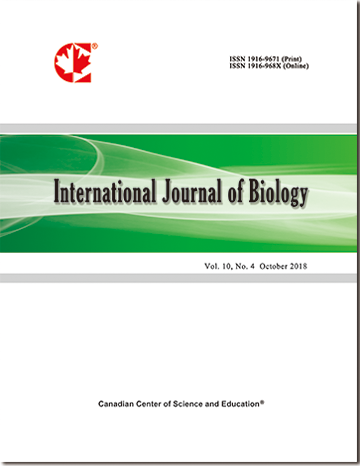Effect of Beta-propeller Phytase from Pichia pastoris on Energy Partition in Juvenile Litopenaeus vannamei Fed a Plant Protein-Based Diet
- Jorge L. Gamboa
- Gerard Cuzon
- Martha Guerrero-Olazaran
- Jose M. Viader-Salvado
- Gabriela Gaxiola
Abstract
The main objective of this study was to evaluate the effect of a new isolated exogenous Beta-propeller phytase (FTEII) obtained from Pichia pastoris, on growth, survival and energy partition of juveniles of Litopenaeus vannamei fed a plant protein diet. Two treatments were designed for the experiment: a plant protein-based diet without phytase (T1), and adiet comprisingpretreated plant protein with Beta-propeller phytase (T2). The gowth rate monitored over 30 days significantly improved when phytase was added to the diet (T2) compared to control T1(p<0.05), and survival rates were similar between treatments (p>0.05). Energy partitioning was affected by basal metabolism (HeE) which was similar in both dietary treatments (p> 0.05) but the heat increment of feeding (HiE) was higher with T1 than T2 (p<0.05), whereas retained energy (RE) increased in T2 compared to T1 (p<0.05). In summary, exogenous phytase added to a plant protein-based diet decreased the negative effect of phytic acid, released phosphorus, and therefore improved weight gain.
 PDF
PDF
